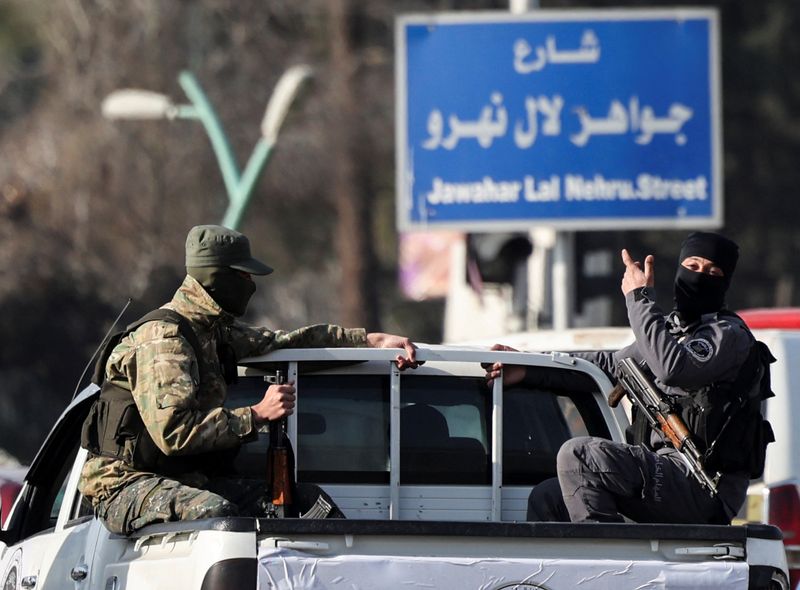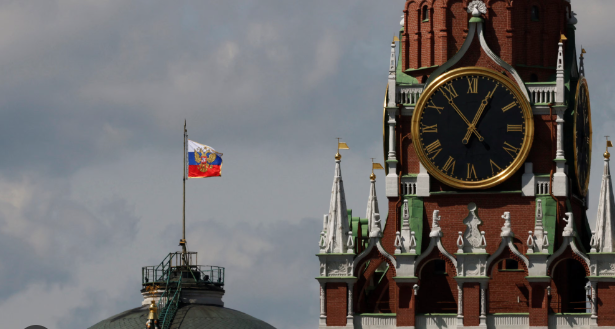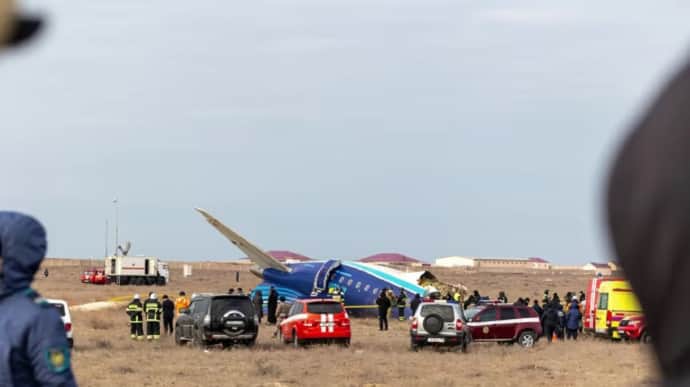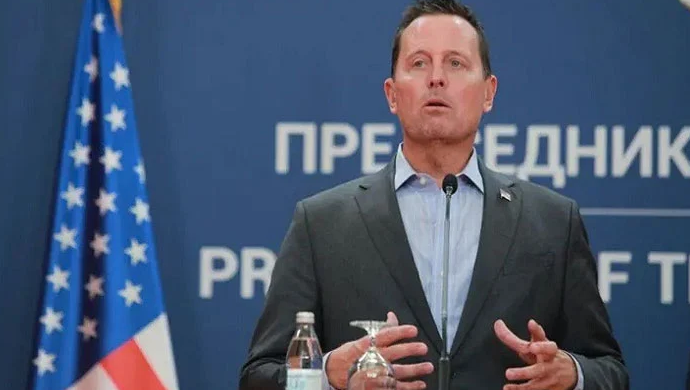WORLD NEWS

Rebel fighters led by the Islamist group Hayat Tahrir al-Sham have launched a major offensive in the city of Aleppo, marking the most significant challenge to President Bashar al-Assad’s government in years. The surprise attack, which has jolted the frontlines of Syria’s civil war, led to the deaths of dozens of Syrian soldiers and forced the army to redeploy to maintain its defense.
The Syrian military acknowledged the insurgent advance, confirming that large parts of Aleppo, which had been under government control since 2016, were now in rebel hands. The city has been a focal point in Syria’s long-running conflict, and the recent attack signals a major shift in the ongoing battle for control of the region.
Rebel fighters, many of whom were displaced from the city eight years ago, have gained a stronghold in Aleppo’s central districts, with images showing them celebrating in Saadallah al-Jabiri Square with a billboard of Assad looming behind them. “I am the son of Aleppo, and I was displaced in 2016. Thank God, I have returned,” said Ali Jumbaa, a rebel fighter, expressing the emotional significance of the return.
The Syrian army command reported that insurgents launched the attack from multiple directions, forcing the military to conduct a redeployment operation to fortify their defensive positions and prepare for a counteroffensive. Despite heavy bombardments, the military claimed to have stopped the rebels from establishing fixed positions and vowed to expel them and restore state control over the city and surrounding areas.
In addition to Aleppo, rebel forces have also captured the city of Maraat al-Numan in Idlib province, further expanding their control over the area. This represents a significant blow to Assad’s forces, who have been struggling to maintain authority in the northwest of the country.
The escalation of violence comes at a time when the wider region is embroiled in conflicts, including the ongoing war in Gaza and tensions in Lebanon, where Hezbollah is engaged in clashes with Israeli forces. The rebel attack, launched from insurgent-held areas outside Assad’s control, has further complicated the already fragile situation in Syria.
Syrian and Russian warplanes have carried out airstrikes in response to the offensive, targeting rebel positions in the Aleppo suburbs. However, these airstrikes have also resulted in civilian casualties in opposition-held regions, with reports of four civilians killed in Idlib and several others injured.
Russian officials have pledged additional military support to Syria, with extra aid expected to arrive within 72 hours. The Syrian army has also ordered the closure of Aleppo’s airport and roads leading into the city in an effort to contain the rebel advance. The military has been instructed to follow "safe withdrawal" orders from areas that have fallen to the rebels.
Iran, a key ally of Assad, has also been drawn into the conflict. Iranian officials have accused the United States and Israel of being behind the insurgent attack. Meanwhile, Turkey, which supports the rebels, is believed to have given the green light for the offensive, although Turkish officials have yet to comment on the situation.
As the conflict intensifies, Turkish officials have expressed concern over the escalation, warning that recent attacks on Idlib could destabilize the region further. Turkey, which has been involved in peace negotiations and de-escalation agreements, has urged all parties to avoid actions that could undermine stability.
The assault on Aleppo represents a critical moment in Syria’s ongoing civil war, and with both regional and international powers involved, the outcome could have far-reaching implications for the future of the country.




